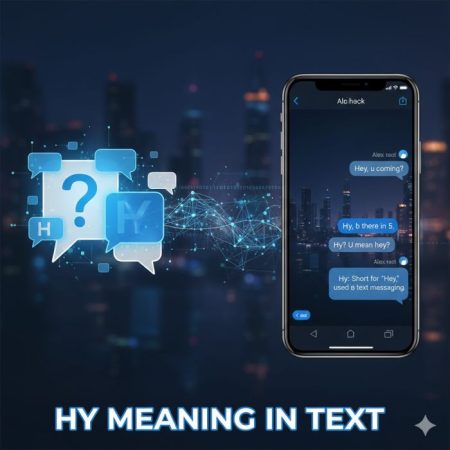One of the most common ways people get traumatic brain injuries (TBIs) is through a motor vehicle crash. While car accidents are the second leading cause of TBIs, they can also emerge from gunshot wounds to the head or other penetrating injuries.
A TBI is classified as an injury that changes how the way the human brain functions or operates. When an individual is involved in a TBI car accident, however, it is not always addressed at the time of the incident because a decrease in brain performance may occur gradually rather than suddenly.
Are you needing to know more about brain injuries after car accidents? Keep reading to learn about what to do after a TBI car accident.
1. Get Looked At Immediately
There is absolutely no time to waste if you have been in a crash where your head was severely impacted as a result. Emergency medical technicians (EMTs) who respond to the scene and witness symptoms of TBI will likely immediately send you to the hospital for diagnostic testing.
Some of the tests that are involved in diagnosing a TBI include:
- Imaging assessments
- Scoring on the Glasgow Coma Scale (GCS)
- Measurements for mild, moderate, or severe levels of TBI
- Speech and language examinations
- Breathing ability tests
- Cognition performance assessments
- Blood tests
All of these are crucial in the diagnostic process for TBIs after a car accident.
2. Seek Professional Medical Treatment
Upon receiving a TBI diagnosis following a motor vehicle crash, you should certainly seek out a medical professional who is specialized in treating individuals with TBIs. In doing so, you are ensuring that you’re getting the help you need.
If you were, for example, to follow up with your primary care physician (PCP), they may not have the knowledge, training, or advice required in aiding you to a successful recovery.
3. Document Everything
From the exact moment the crash occurred to when you receive a medical diagnosis for a TBI, you should keep records of absolutely everything. Documenting accident damage is incredibly imperative, even once you have left the scene.
At the time of the accident, you should have exchanged information with the other involved driver. The information you received should include:
- Full name and contact information
- Insurance policy number, effective dates, and other important insurance information
- Make, model, and color of the vehicle
- Driver’s license number and license plate number
- Where the accident occurred
- Names of any and all other involved parties/passengers, whether in your vehicle or the other driver’s vehicle
Sometimes, it can feel unsafe or uncomfortable to approach another driver after there has been an accident. Should this be the case for you, you can wait for authorities to arrive and facilitate the exchange.
Additionally, if the TBI car accident was major enough, the legal route might need to be taken. Here, you can find more info about TBI car accident lawyers.
TBI Car Accident: It’s No Joke
After you have been involved in a TBI car accident, the easiest thing might be to laugh it off or brush away the symptoms you are experiencing as a means of coping. However, we are here to tell you: a TBI car accident is no joke, and if you are feeling symptoms of TBI, you should seek treatment immediately.
Remember to get examined as soon as EMTs arrive on the scene, seek follow-up treatment with a professional, and keep records of everything. This will all ensure the after-accident process goes smoothly and according to plan.
Did you find this article informative? Discover more helpful content like this on our website.






